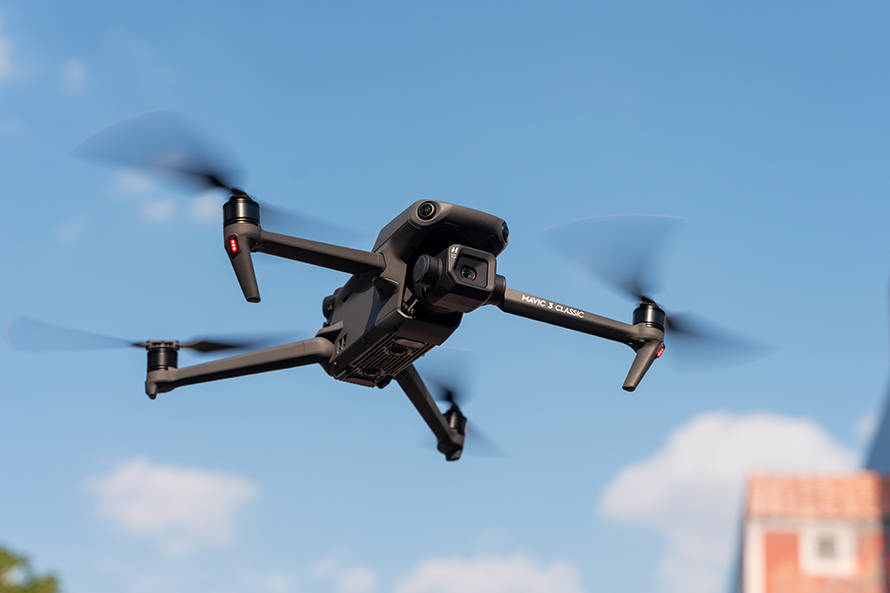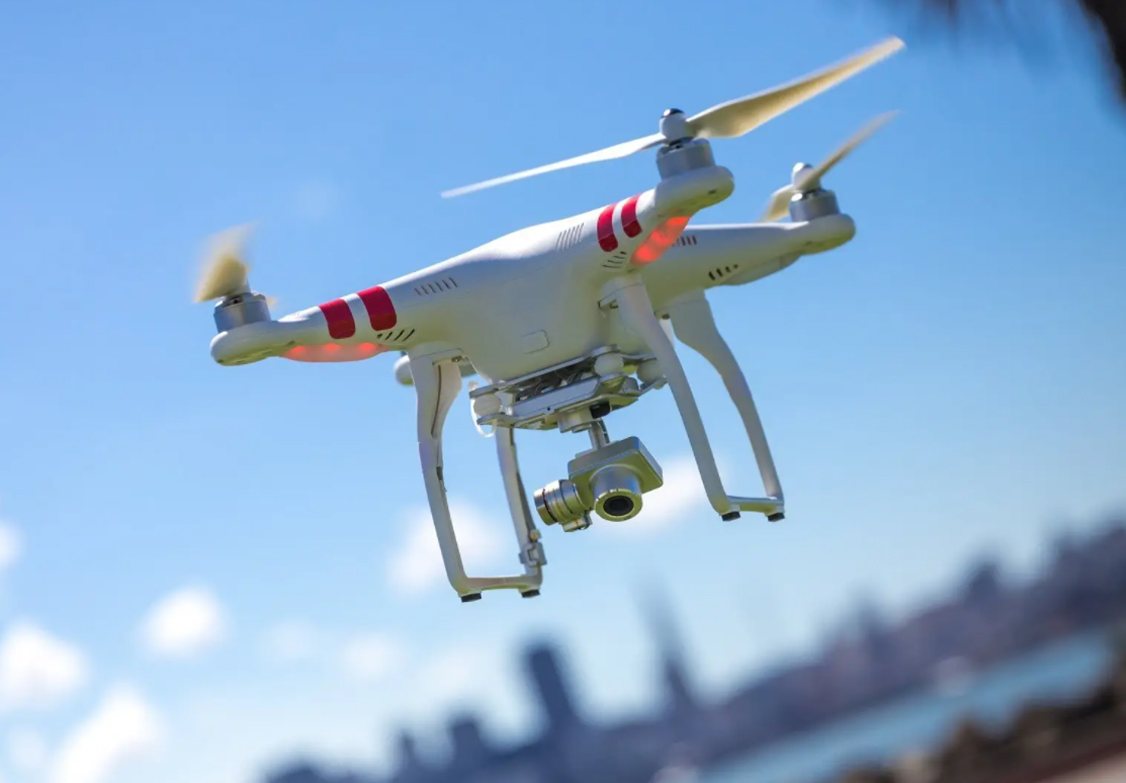In recent years, the discussion surrounding the use and regulation of drones has intensified, particularly when it comes to DJI drones, which have become increasingly common above our cities and natural landscapes. The ubiquitous presence of these flying devices has sparked a critical discourse: should we ban DJI drones from our airspace?

Why DJI Drones Are Under Scrutiny
DJI, a leading manufacturer headquartered in China, dominates the drone industry with a significant market share owing to their cutting-edge technology and affordable prices. However, this dominance has raised concerns regarding privacy, security, and the ethical implications of drone surveillance. Critics argue that banning DJI drones may be the only viable option to manage these risks effectively.
Privacy Concerns
Drones equipped with advanced cameras and sensors can capture high-resolution footage from great distances. As a result, the possibility of unauthorized spying on private property or individuals has led to calls for stringent regulations or even outright bans. While DJI claims its drones are designed with privacy features, skepticism remains about the adequacy of these measures.
Security Risks
Security considerations are also a significant factor fueling the debate. The potential for drones to be used in malicious activities, such as illicit surveillance or even terrorist attacks, is a serious concern. Government bodies have voiced apprehensions about DJI drones due to their origin in China, suggesting that these devices could be exploited for espionage by foreign entities.
Impact on Wildlife
Besides human concerns, the ecological repercussions of drone usage cannot be overlooked. Environmentalists highlight how drones can disturb wildlife, especially during critical breeding periods. Birds and other animals may perceive drones as predators, leading to stress and behavioral changes, hence advocating for a ban to preserve natural habitats.
The Case For Regulation Instead of Banning
While some experts propose a ban, others argue for more comprehensive regulations as a balanced approach instead of an outright ban on DJI drones. Establishing zoning regulations that restrict drone usage in sensitive areas might mitigate concerns without eliminating the benefits drones offer, such as photography and geographical data collection.
Benefits of Drone Usage
Drones can contribute positively by aiding in land surveys, enhancing emergency response efforts, and fostering innovative cinematography. DJI drones have revolutionized industries by providing access to previously unreachable data and perspectives. Through firmer regulations, these advantages can be preserved while addressing the apprehensions associated with drones.
Emerging Technology and Solutions
Technological advancements may address security and privacy concerns by integrating drones with AI systems that limit their operational boundaries. Future drones might come equipped with software prohibiting them from flying into restricted areas, thus enhancing the management of drones across our skies.

Conclusion: A Balanced Perspective
The decision to ban DJI drones should be guided by a balanced assessment of their advantages versus their risks. Comprehensive legislation, technological innovation, and public awareness could pave the way for responsible drone usage that aligns with societal values and protects our skies.
FAQ
Why are DJI drones specifically under scrutiny? DJI drones are scrutinized due to widespread usage, privacy issues, and security concerns linked to their Chinese origin, sparking debates about restrictions.
What would be the impact of banning DJI drones? Banning could mitigate security risks and privacy violations but may also hinder beneficial applications like data collection and emergency response.
Is regulating drone usage a feasible alternative? Yes, regulation could provide a structured approach allowing drones’ benefits while minimizing risks through restricted zones and enhanced technology.